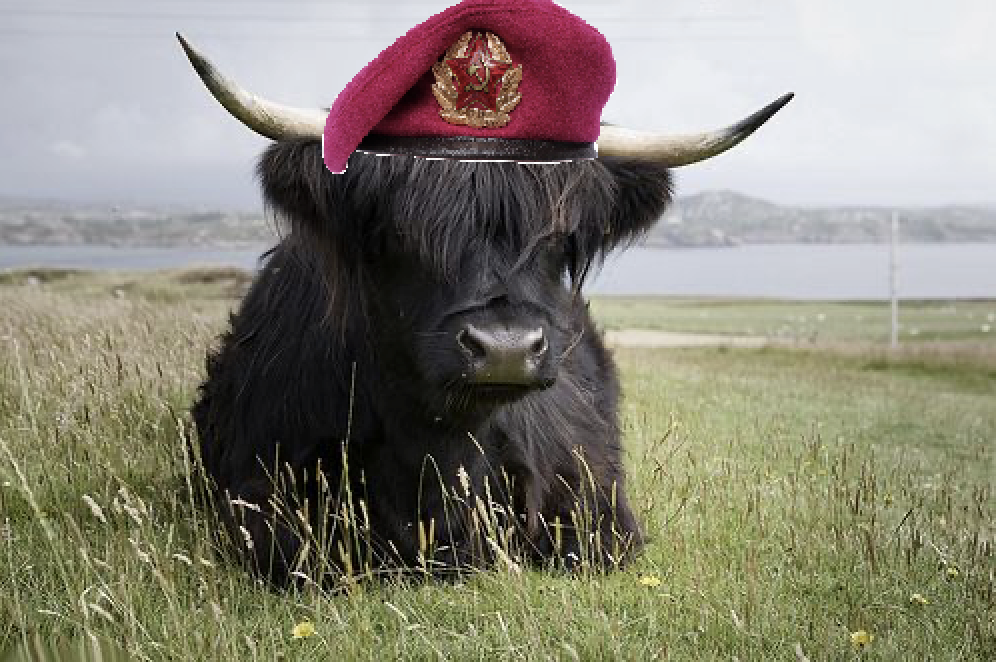Translation of article:
Nicaragua has implemented a foreign policy based on mutual respect with all countries.
The reform of the Nicaraguan Constitution modernizes this legal instrument, adapting it to the current challenges and needs of the country, and reaffirming that power is in the hands of the people.
According to political analyst William Grigsby Vado, this reform culminates the process of dissolution of the bourgeois State, whose maximum exponent was the Somoza dictatorship, and which subsequently evolved into a complex amalgam of popular and bourgeois interests.
The new Magna Carta must reflect, in the first place, the dynamic and constantly evolving nature of the Nicaraguan State, rejecting any static or fossilized vision.
Secondly, it must enshrine the exercise of popular power through direct democracy, manifested in the co-presidency of the Republic and in the state bodies coordinated by the presidency.
This Constitution reaffirms Nicaragua’s commitment to peace and international law, rejecting all forms of aggression or military, political or economic intervention, and firmly opposing interference in the internal affairs of other States.
The Magna Carta of the Central American country also promotes the sovereignty and self-determination of nations.
A fundamental aspect of this reform is the recognition and protection of the rights of the peoples of the Nicaraguan coasts, a historical claim defended only by the Sandinista revolution.


Careful Nicaragua. Anymore vaguely left sounding words outta your government and the US will go on another central/south america coup spree /s
(I’m not familiar enough with Nicaraguan politics to know if this is a leftward step but it sounds like it)